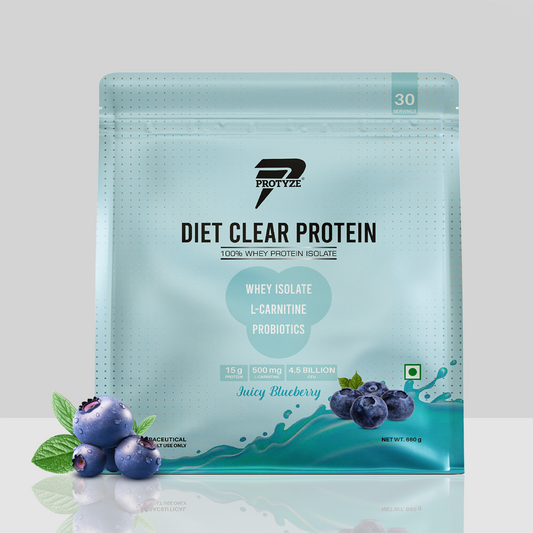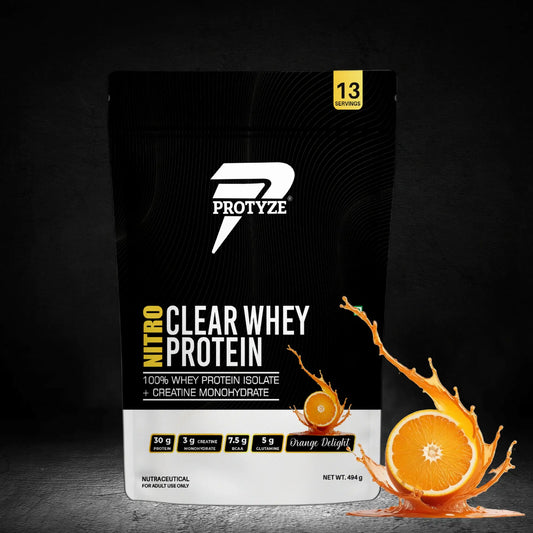When it comes to achieving a healthier body, many people set out with one common goal in mind—losing weight. However, weight loss and fat loss are not the same, and understanding the difference is crucial for those aiming to improve their overall fitness and well-being. While the scale may reflect weight loss, it doesn’t always mean you're losing fat in a healthy way. Often, focusing on just the number on the scale can lead to muscle loss, which is a key aspect of a high-protein diet aimed at muscle preservation.
Let’s break down the key differences between weight loss and fat loss and explore why preserving muscle matters for long-term health and sustainable results.
What is Weight Loss?
Weight loss refers to a reduction in your total body weight, including fat, muscle, water, and even bone mass. When the number on the scale drops, it's not necessarily an indicator that you're losing fat—it could mean you're losing water weight or muscle. This is why crash diets and extreme calorie restrictions often lead to rapid reduction in weight which is unsustainable and unhealthy.
The main issue with general weight loss is that it doesn’t differentiate between fat loss and muscle preservation. Losing muscle reduces your metabolic rate, making it harder to burn fat and achieve long-term results. That’s why maintaining muscle during your journey is crucial.
What is Fat Loss?
Fat loss specifically focuses on reducing your body fat percentage while preserving or even building lean muscle mass. This is achieved through a balanced high-protein diet, regular strength training, and a moderate calorie deficit. Unlike weight loss, fat loss takes longer, but the results are healthier, more sustainable, and more visually impactful.
Fat loss leads to a more toned appearance and better muscle preservation, contributing to improved body composition and overall strength.
Why Muscle Preservation is Crucial
When you're working towards fat loss, preserving muscle mass should be a priority. Here’s why it matters:
1. Boosts Metabolism
Muscle is metabolically active, meaning it burns more calories at rest than fat. By preserving muscle, your body maintains a higher metabolic rate, which helps you burn more calories even when you're not exercising. This is why muscle preservation is key to long-term fat loss and weight loss success.
2. Enhances Strength and Physical Performance
Muscle preservation ensures you retain your strength and physical abilities, allowing you to perform better in workouts and daily activities. Without muscle, you may feel weaker, making it harder to sustain an active lifestyle and reach your fitness goals.
3. Improves Body Composition
Instead of just losing weight, focusing on fat loss and muscle preservation leads to better body composition. You’ll have a lower body fat percentage and more lean muscle mass, making you appear more toned and fit.
4. Supports Long-Term Weight Management
Muscle plays a significant role in regulating blood sugar and metabolism, making it easier to maintain a healthy weight long-term. Prioritizing muscle preservation while aiming for fat loss sets you up for sustained success and prevents the yo-yo effect of regaining lost weight.
How to Focus on Fat Loss While Preserving Muscle
To effectively achieve fat loss and maintain muscle, you need a balanced approach. Here are some tips:
1. Strength Training
Incorporating regular strength training, such as weightlifting or bodyweight exercises, helps build and maintain muscle. Aim for two to three strength sessions per week to target all major muscle groups.
2. Prioritize Protein Intake
A high-protein diet is essential for muscle building during fat loss. Opt for foods rich in protein, such as lean meats, eggs, and legumes. For added convenience, the best whey protein supplements can help you meet your daily protein needs, especially after intense workouts.
3. Combine Cardio with Strength Training
While cardio helps burn calories, over-relying on it can lead to muscle loss. Balance your routine with strength training to target fat loss while preserving muscle.
4. Avoid Extreme Calorie Deficits
Drastically reducing calories may result in rapid weight loss but often comes at the cost of muscle loss. A moderate calorie deficit combined with sufficient protein intake ensures that you lose fat while maintaining muscle.
Conclusion: Protyze Diet Clear Protein for Muscle and Fat Loss
Achieving fat loss while preserving muscle requires a smart approach to nutrition and exercise. A high-protein diet that includes supplements like Protyze Diet Clear Protein can support your goals. Packed with 15g of premium protein isolate and probiotics, it not only helps build muscle but also promotes healthy digestion, making it the best protein supplement for those aiming for both fat loss and muscle preservation. Plus, with 99% lactose-free content, it's light on the stomach and perfect for daily use. Start your journey today—fuel up with Protyze Diet Clear Protein for a stronger, leaner you!





